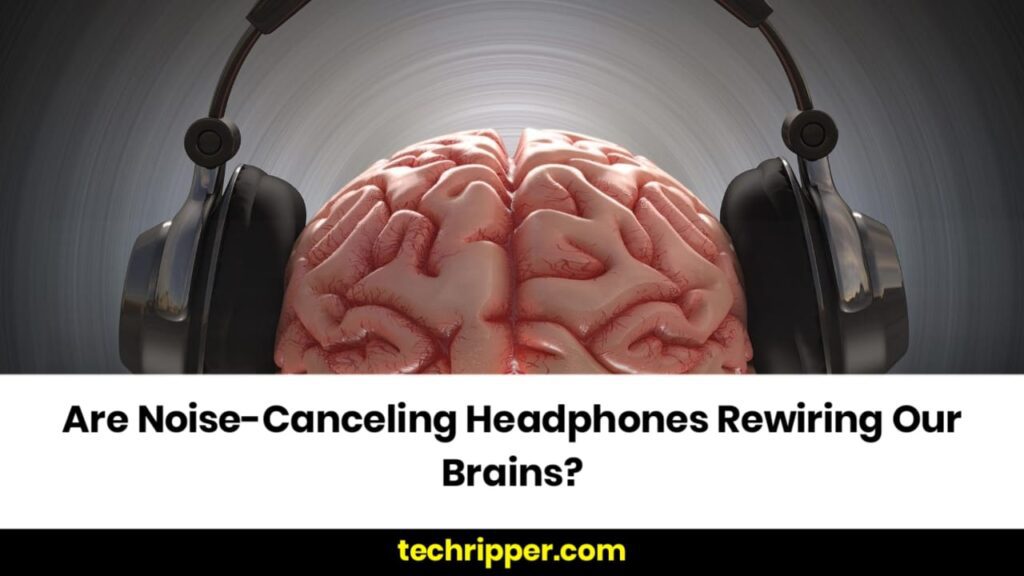We’ve long known that listening to loud music through headphones can damage hearing, but a recent BBC report raises a new concern: could noise-canceling technology be affecting our brain’s ability to process sound?
The article explores whether this popular feature—designed to block out background noise—might inadvertently “rewire” the brains of frequent users. One case highlighted is that of a 25-year-old British woman whose hearing tests were normal, yet she struggled to focus on sounds and was later diagnosed with auditory processing disorder (APD). APD is a neurological condition that impairs the brain’s ability to interpret sounds and spoken words.\

According to five audiology departments within the U.K.’s National Health Service (NHS), there has been an increase in young people being referred for similar issues related to sound processing. This raises an important question: what’s causing these disruptions in normal brain function?
One theory suggests that noise-canceling technology may prevent the brain from learning how to filter sounds on its own. The audiologist treating the patient has called for further research into the potential long-term effects of using such devices.
As noise-canceling headphones continue to grow in popularity, understanding their impact on auditory health becomes increasingly critical. Could this technology, designed to enhance our listening experience, actually be altering the way our brains process sound? Only time—and more research—will tell.
Also Read : South Korea Temporarily Blocks DeepSeek Downloads Over Data Privacy Concerns

